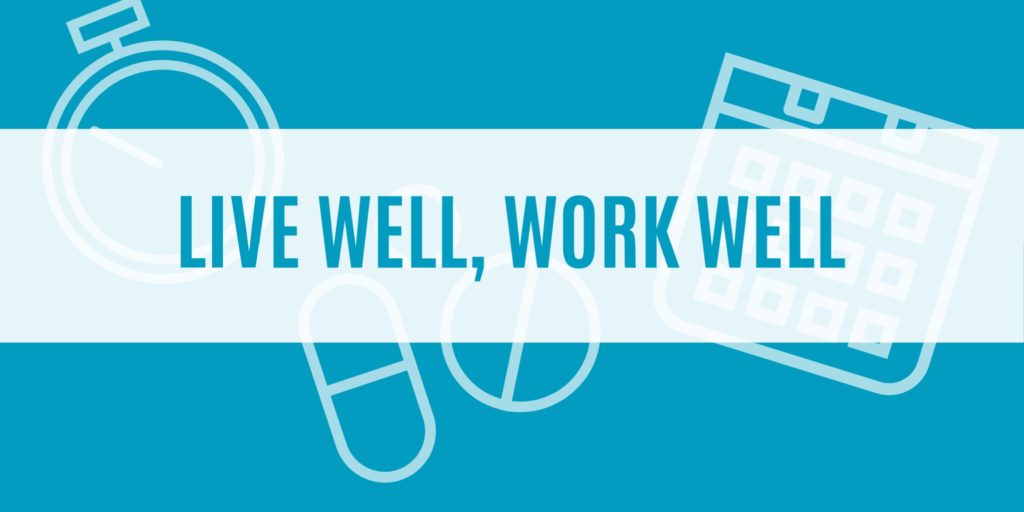16 Apr COVID-19 Vaccine Guidance for People With Allergies
[wpseo_breadcrumb]

 On Friday, April 2, 2021, the Centers for Disease Control and Prevention (CDC) announced relaxed travel recommendations for vaccinated Americans.
On Friday, April 2, 2021, the Centers for Disease Control and Prevention (CDC) announced relaxed travel recommendations for vaccinated Americans. The Centers for Disease Control and Prevention (CDC) has released a report on the effectiveness of COVID-19 vaccines in real-world conditions.
The Centers for Disease Control and Prevention (CDC) has released a report on the effectiveness of COVID-19 vaccines in real-world conditions. This article is for parents and caregivers who are concerned about COVID-19 in their children and teens. It compiles expert guidance from the Centers for Disease Control and Prevention (CDC) and provides helpful links that may be of use to caregivers.
This article is for parents and caregivers who are concerned about COVID-19 in their children and teens. It compiles expert guidance from the Centers for Disease Control and Prevention (CDC) and provides helpful links that may be of use to caregivers. Eight out of 10 COVID-19 deaths reported in the United States have been adults ages 65 years and older.
Eight out of 10 COVID-19 deaths reported in the United States have been adults ages 65 years and older.